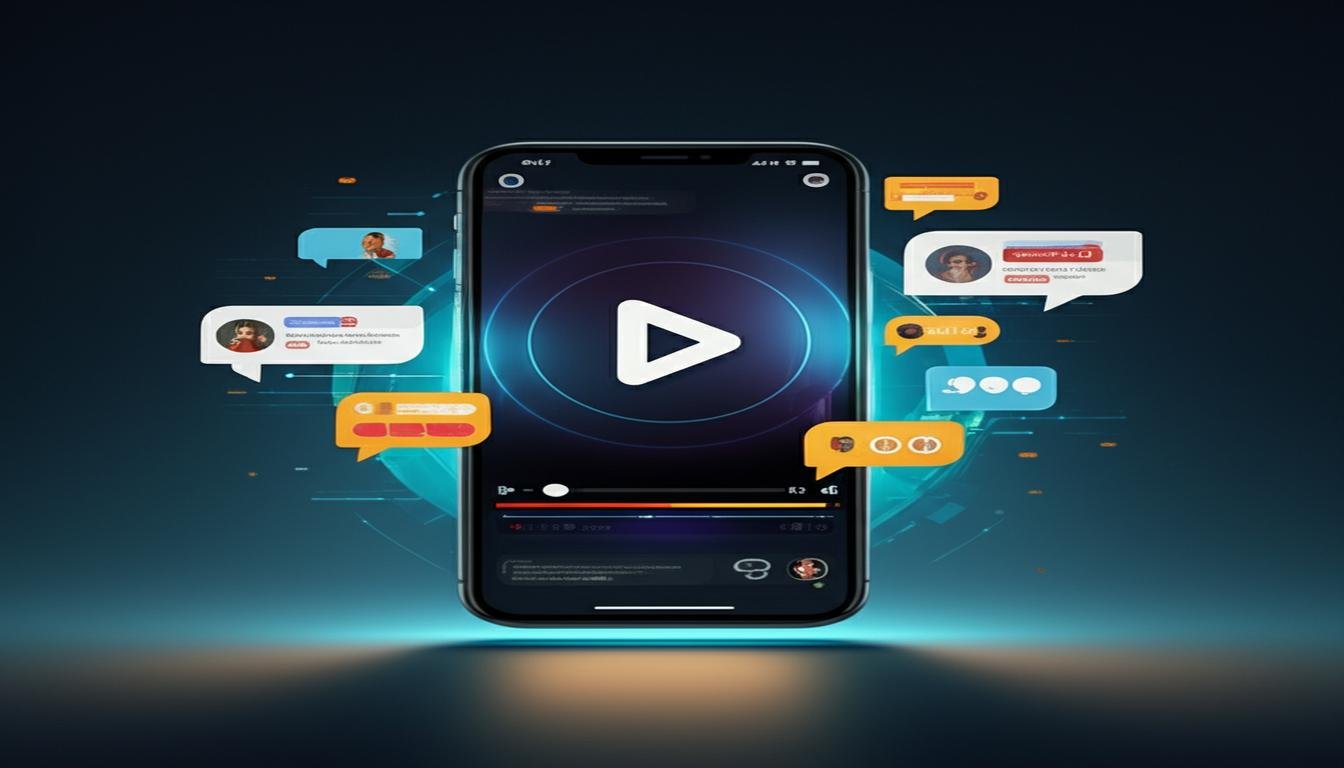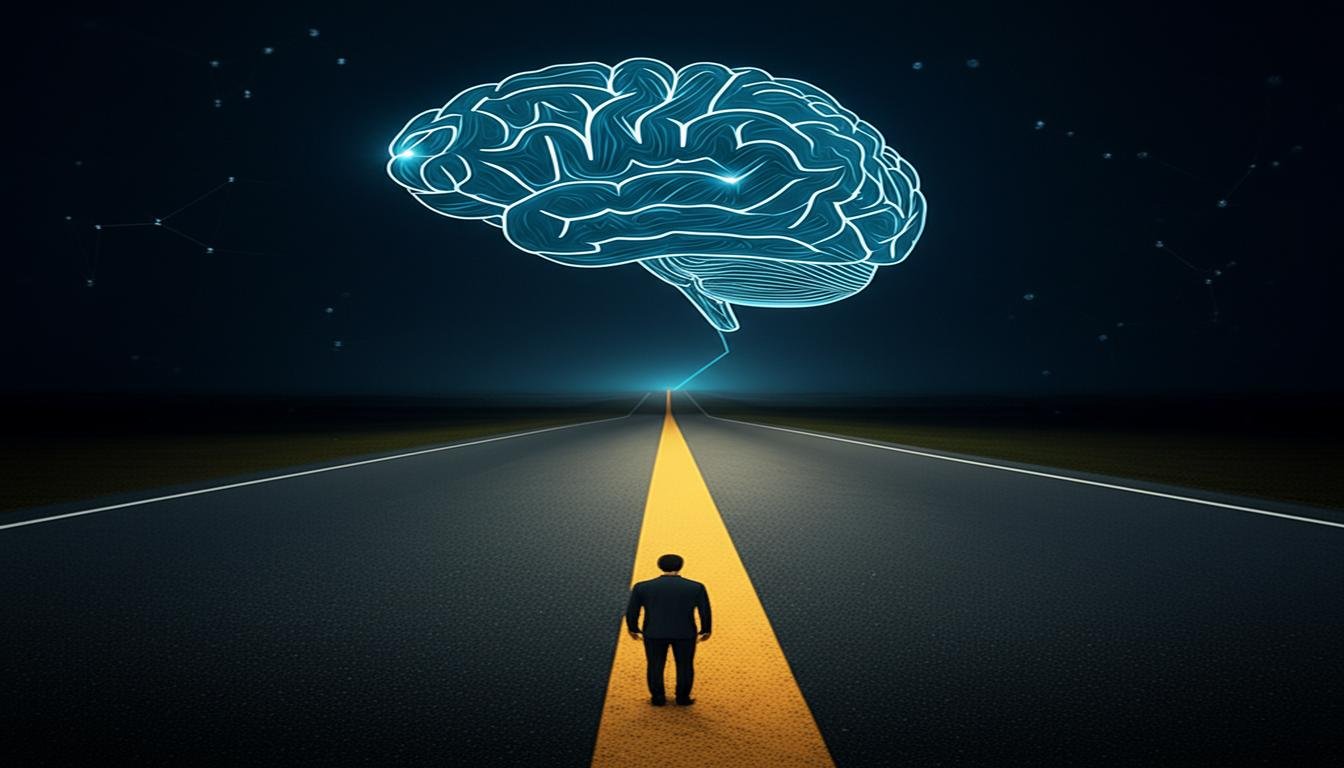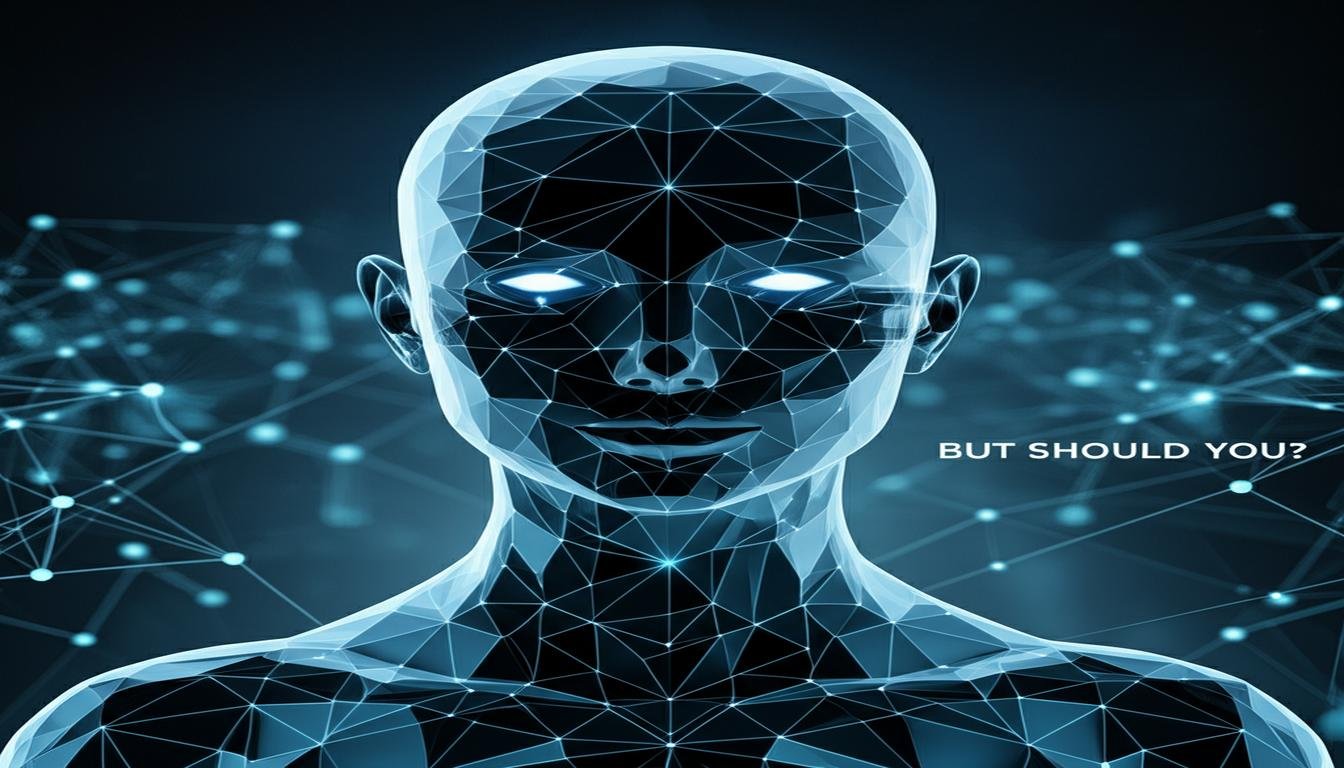Forget What You Think You Know: This AI Writes Poetry That Will Blow Your Mind
Okay, let’s be honest. When you hear “AI” and “poetry” in the same sentence, you probably picture something clunky, robotic, maybe a rhyming dictionary gone rogue. I totally get it. For years, AI-generated text felt… well, generated. But things have changed, and I’m talking about a seismic shift. There’s an artificial intelligence out there right now, crafting verses so poignant, so imaginative, and so downright beautiful, it often surpasses what many human poets can achieve. No exaggeration. And you’re about to see for yourself.
This isn’t just about a computer spitting out rhyming words. We’re talking about an AI that understands context, evokes emotion, and weaves narratives with a fluidity that will genuinely make you question the boundaries of creativity. Get ready to be surprised, perhaps even a little unnerved, by what a machine can dream up.
The Unlikely Bard: How AI Masters the Art of Verse
So, how does a bunch of code suddenly become Shakespeare-level eloquent? It’s not magic, but it feels pretty close sometimes. These advanced AI models, often powered by sophisticated natural language processing (NLP), have been fed massive amounts of existing text – everything from classic literature to modern song lyrics. Think of it like an eager student who has read every poem ever written, absorbing patterns, styles, and the very essence of human expression.
They learn about meter, rhyme schemes, alliteration, and even the subtle art of metaphor. More importantly, they learn how different words interact to create specific feelings or images. When you give them a prompt, they don’t just search for words; they construct meaning, often with surprising grace. It’s truly a marvel of modern technology meeting timeless art.
More Than Just Rhyme: Finding Emotion in Algorithms
This is where it gets really interesting. Many people argue that true poetry requires human experience – love, loss, joy, sorrow. A machine can’t feel, right? Well, while that’s technically true, this AI can mimic the *expression* of those feelings with startling accuracy. It can paint a picture of longing or despair, or capture the lightness of a hopeful morning, purely by understanding how humans articulate those experiences through language.
It’s not about the AI having feelings, but about its incredible ability to understand and reproduce the linguistic nuances that *convey* emotion. This generative AI explores word associations and semantic relationships in ways that often feel deeply intuitive and, dare I say, soulful.
See for Yourself: A Glimpse of AI’s Poetic Prowess
Enough talk. Let’s get to the proof. I asked an AI to write a short poem about “the quiet strength of an old tree.” Here’s what it came up with, completely unedited:
In weathered bark, a story deeply etched,
Of seasons passed, and silent wisdom fetched.
It stood, a sentinel against the sky,
Watching the hurried clouds drift softly by.
Roots plunge profound, a secret, grounded hold,
Through stormy nights and sunlight brave and bold.
No spoken word, yet lessons it imparts,
The quiet strength that lives in ancient hearts.
Read that again. The imagery, the subtle personification, the rhythm – it’s all there. It evokes a feeling. It has a clear theme. And a computer wrote it. Pretty impressive, right? It makes you pause and think about what’s truly possible.
Is Human Creativity at Risk? (Spoiler: Not Really)
Seeing poetry like that can make you wonder: are human poets becoming obsolete? Is AI going to take over all creative pursuits? And honestly, that’s a fair question to ask. But here’s the comforting truth: not really. AI, in this context, is more of a powerful new tool, a collaborator, rather than a replacement for human artistry.
While AI can mimic and generate, it lacks the lived experience, the unique perspective, and the raw, unfiltered spark of human consciousness. It doesn’t fall in love, grieve a loss, or feel the specific sting of an unjust word. Those profound, messy, deeply personal experiences are what infuse human poetry with its irreplaceable magic.
AI as a Muse, Not a Master
Think of AI as a brainstorming partner, a tireless muse. It can help poets overcome writer’s block by suggesting themes, imagery, or even entire stanzas. It can explore different styles or translate complex ideas into evocative language. It opens up new avenues for creative exploration, pushing human artists to think differently and innovate even further.
The beauty of human poetry will always lie in its ability to connect one unique soul to another, sharing a piece of the human condition. AI can perfectly craft a verse, but it can’t share a human soul. And that’s okay. There’s room for both in the grand tapestry of literary art.
Embrace the Poetic Future
So, the next time someone scoffs at the idea of AI writing anything truly creative, you can point them to examples like the one above. This isn’t just about cool tech; it’s about expanding our understanding of creativity itself. AI poetry might not replace human poets, but it certainly challenges us to reconsider what art can be, and who (or what) can create it.
What do you think? Did the AI poem surprise you? Are you intrigued by the idea of machines crafting such intricate language? The world of AI-generated verse is rapidly evolving, and it’s an exciting time to witness this fascinating intersection of technology and art. Why not explore some AI poetry tools yourself and see what wonders you can unearth?









